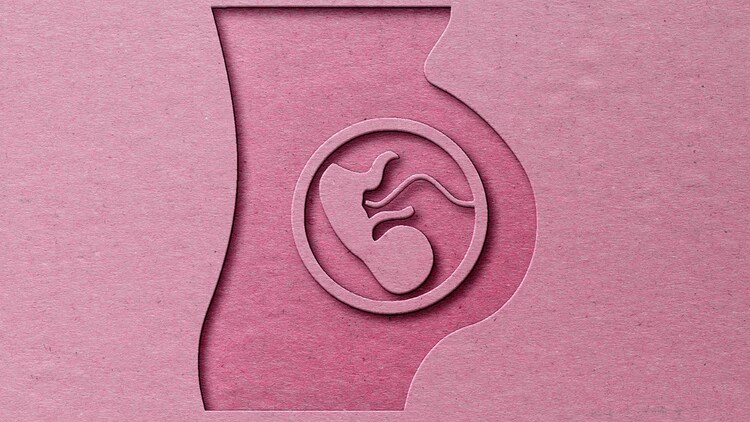Being in extreme heat during pregnancy is not good for your baby
A new study highlights the long-term health effects of heat exposure during pregnancy and calls for urgent action.

Climate change is one of the biggest public health threats ever, and global warming is a significant part of it.
Rising temperatures are associated with health problems, especially in vulnerable groups such as pregnant women and children.
There is growing evidence of how exposure to heat increases the risk of premature babies and stillbirths (when a foetus dies after the 20th week of pregnancy).
Recent studies are finding more worrying links between heat and poor outcomes for mothers and babies, including congenital abnormalities, high blood pressure in pregnancy and low birth weight babies.
A new study published in BMC Pregnancy & Childbirth found long-term effects of heat exposure during pregnancy on babies.
A systematic review of existing research examined how heat exposure in pregnancy affects health and socio-economic outcomes in later life.
Systematic reviews provide high-quality clinical evidence by summarising the findings of multiple studies rather than relying on just a single study.

The study found that exposure to extreme heat before birth can have serious consequences throughout life.
What are its lifelong effects?
Let’s find out how exposure to heat during pregnancy affects the unborn baby:
- Declining maternal health due to conditions such as pre-eclampsia and diabetes
- Directly affecting the development of the baby, especially the nervous system
- increased risk of premature birth and birth complications
- Changes to the unborn baby’s DNA, possibly through epigenetic changes that turn genes on and off
- One study even found that babies’ telomeres, which are linked to lifespan, become shorter.
In an article published in The Conversation, study authors Matthew Chersich and philosopher Pemi Lakhoo, and contributor Nicholas Brink from the University of the Witwatersrand, said they reviewed 29 studies conducted over 100 years to reveal the effects of alcohol on a person’s lifespan.
Some studies closely followed pregnancy to observe infant health outcomes, while others used population registers to estimate heat exposure in the womb.
More than 60% of studies were from high-income cold-climate countries, relying on naturally occurring temperature differences rather than controlled trials.

Despite limitations, most studies found long-term harmful effects from exposure to excessive heat during pregnancy, including poorer academic performance and lower income in later life.
For example, in the US, annual earnings at age 30 were reduced by $56 (2008 equivalent) for each additional day of temperature above 32 °C during the mother’s first trimester.
The researchers also found an increased risk of heart disease, high blood pressure, childhood asthma and pneumonia. The risk of childhood pneumonia increased by 85% for every 1 degree Celsius increase in temperature during pregnancy.
In Africa, heat exposure during pregnancy increases the risk of malnutrition in children. In the US, one study linked it to a higher risk of obesity.
Several studies have also found links to mental illnesses, such as eating disorders and schizophrenia. Previous research has linked birth month to risk of mental illness, and our findings suggest that exposure to heat may be a factor.
Overall, some studies have found that people exposed to excessive heat in the womb have a lower life expectancy and have a negative impact on female fetuses.
“There is an urgent need to conduct further research in this area and to understand how and why these effects occur,” the authors said.
The researchers acknowledged that although the results are “limited,” “our findings are worrying and require urgent action to protect pregnant women and their unborn babies from heat.”




